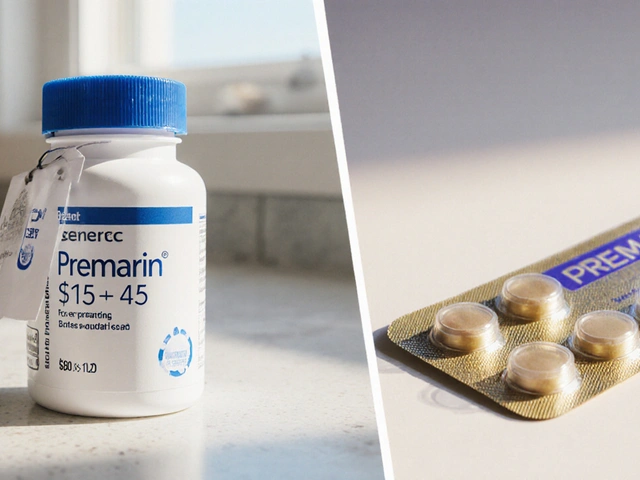Dietary Supplements: How to Choose, Use, and Buy Safely
Supplements can help fill gaps in your diet, support training, or help specific health issues. But not all products work and some can cause harm. This guide gives clear steps you can use right away to pick safer, more effective supplements without getting lost in hype.
Start with your goal. Are you trying to improve sleep, build muscle, support heart health, or ease digestion? Match supplements to a clear goal. For example, vitamin D helps bone and immune health when levels are low, omega‑3 supports heart and brain, probiotics can help some gut issues, and creatine helps strength and power for short bursts of exercise.
Check the evidence and dose. Look for studies that test the exact ingredient and dose listed on the label. A supplement that worked in a study at 3 grams a day is not likely to work at 100 mg. Reliable sites, clinical summaries, and product pages that link to trials are good signs.
Read the label carefully. Avoid proprietary blends that hide amounts. Check for fillers, added stimulants, or banned substances. Note the serving size and total active amount per serving. If a product lists dozens of ingredients at tiny doses, it probably won’t do much.
Safety first: verify testing. Third‑party testing seals such as USP, NSF, or ConsumerLab mean the product contains what the label says and is free from many contaminants. Not every good brand will carry a seal, but a reputable manufacturer will publish lab reports or be transparent about testing.
Think about interactions and conditions. Supplements can interact with prescriptions and affect medical conditions. For example, vitamin K can affect blood thinners, and high doses of vitamin E can be risky for some people. If you are pregnant, nursing, have a chronic condition, or take regular medicine, talk to your clinician before starting anything new.
Buying tips for online and local stores. Buy from pharmacies, established brands, or retailers you trust. Look for clear contact info and return policies. Avoid products on sketchy marketplaces with fake reviews or impossible claims like “miracle cure.” Prices that are too low can mean low quality.
Simple step checklist:
1) Define your goal. 2) Check clinical dose. 3) Read the full ingredient list. 4) Look for third‑party testing. 5) Check for drug interactions. 6) Buy from a trusted seller.
Keep expectations realistic. Supplements can help, but they rarely replace good diet, sleep, and medical care. Track results for a few weeks and stop any product that causes new symptoms.
If you want specific recommendations for muscle, digestion, or heart support, say which goal you have and I’ll suggest evidence‑backed options and what to watch for.
Quick picks by common goals
For muscle: creatine monohydrate (3–5 g/day) and whey protein to reach protein targets. For heart and brain: omega‑3 fish oil with at least 500 mg EPA+DHA daily. For bones and immunity: vitamin D (check levels) plus calcium if diet lacks it.
Red flags to avoid
Scams.




